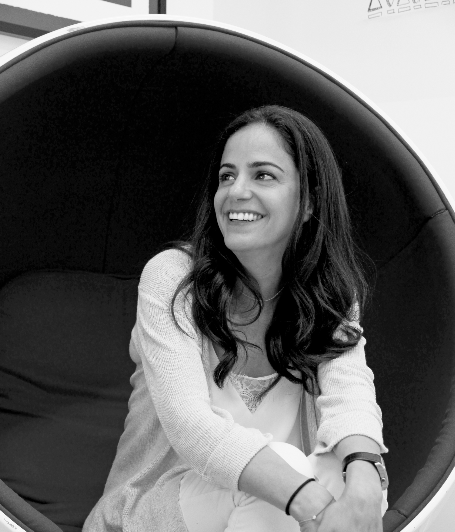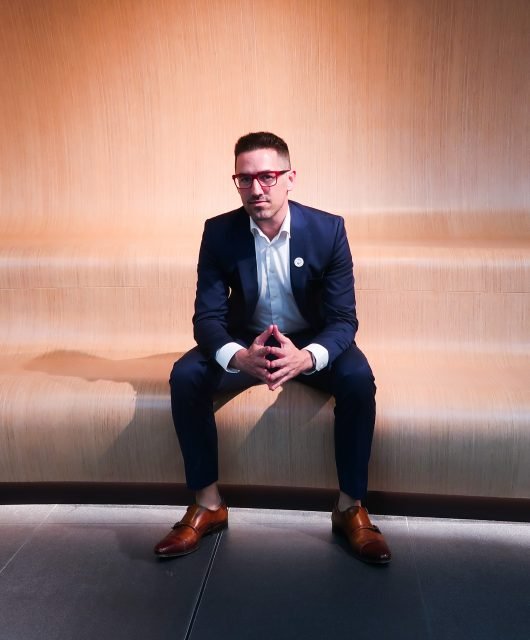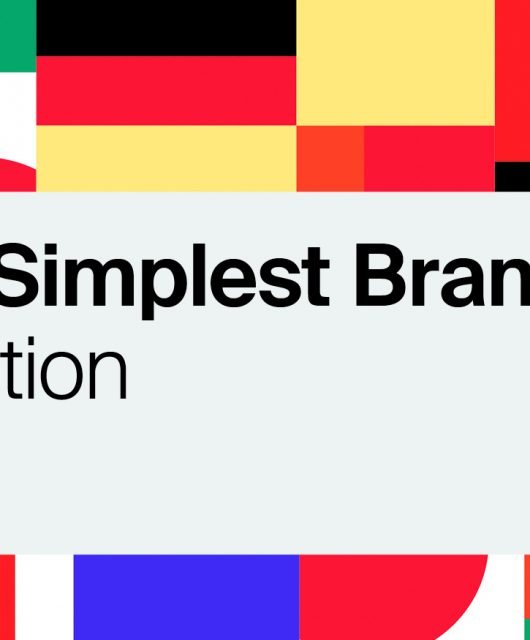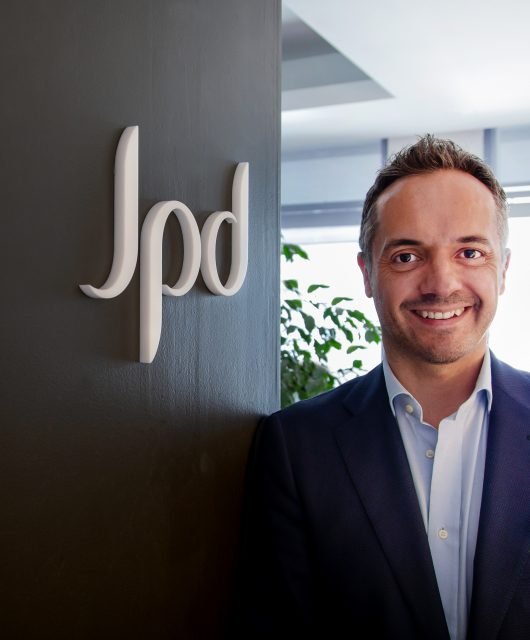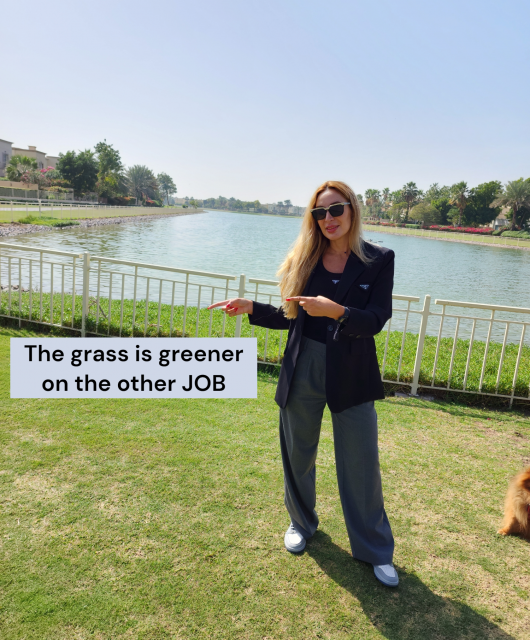Beauty Turns Conscious
By Alessandra Iovinella, Managing Director FutureBrand Milan

Apparently this time there has been no “lipstick effect”. The market phenomenon that has the sales of lipsticks grow exponentially in hard times. The first lipstick effect dates back to the 1929 Wall Street crash, the second one coincides with the outburst of the II WW and since then, the market has been experiencing many others. The 2020 pandemic hasn’t turned into an increase in the sales of lipsticks and make-up products, on the contrary the sales have contracted by 20% globally (Cosmetica, April 2020). The reasons don’t depend on the uselessness of putting on make up or on the impossibility of using your beloved rouge under the facemask. The reasons are tied to the paradigmatic change that is now investing the beauty market.
The virus has only accelerated the raise in consciousness of the consumers regarding beauty products and their desire for cocooning. This is the beginning of the conscious beauty era, a time for interior wellbeing and sustainability.
C like COMFORT This trend involves brands such as, for instance, Lather that offers products increasing people’s wellbeing and comfort, and helping them to relax. At Lather they think that this kind of products is the best answer to the desire for taking care of oneself during and after the lockdown. Individual comfort as counterbalance to the show-off for the sake of exposing oneself.
O like OINTMENT The new awareness embraces also what is left visible of us after the lockdown, that is to say the eyes. China is experiencing a peak in the requests for eye contour products like moisturizing gels, anti-ageing balms and under eye cover creams.
N like NATURAL It’s a back to basics kind of beauty: pure and easy to use products from vegetal extracts offered by niche brands. Coloured creams beat foundation creams; all-day hydrating creams win over products that require more time and care; grey hair is no longer a sign of surrender but a bold choice (provided that you can get rid of the yellow effect…)
S like SHAMPOO artfully concealed undera foulard o strategically tied in a pony tail, hair has been one of the protagonist of the quarantine conversations. Home-made cuts and dyes have managed to control the hair growth (and regrowth), while the hair care has been entrusted to super natural formulations or even 100% customized like those offered by Shampòra. Everything, of course, must be seen, chosen and ordered online.
C like COLOUR If lipstick has lost its fascination, women have learned how to have a proper manicure at home. Numbers don’t lie: in the UK the online sales of top coat polishes has grown by 102% and that of coloured nail polishes by 18% during the quarantine (NPD Group, April 2020). The most wanted nuances? Coral pink, dark red and beige. Small gestures of self care.
I like I No need to tell: self protection will remain a main concern for a long time. Hygiene has become synonym for health. Our poor hands treated with alcohol-based products desperately need creams and remedies that can help them to be soft and beautiful again. The disinfection of our beauty tools and of those of hairdressers’ and beauticians’ is generating a range of new and effective products and solutions. Tula, for instance, work on the efficacy of their beauty products by combining probiotics and superfoods.
O like OFFER We have had plenty of time and have managed to use it with no sense of guilt. Data prove it: the sales of hydrating and soothing face masks have risen by 83% in the UK between February and March. The requests for body oils, home fragrances, body creams and lotions have increased by 58%. Brands are advised: the offer is never enough (NPD Group, April 2020).
U like UNIQUE with shops and beauty parlours shut down the e-commerce has been our sole resource for a while, but choosing a foundation, a mascara or a hair reflexion shampoo online is hard. We have been missing the precious tips of our trusted beauty advisors. Augmented reality will play a big role in the near future, as the live make-up platform Feelunique by L’Oreal shows.
S like SELF Jamie Glassman, Mubic CEO, says that it’s too early to say that make-up is dead: “Make-up refers to the self and no longer to the selfie. It is part of the sensation of watching oneself in the mirror and feeling good independently of the others. Of course, looking good on Zoom or FaceTime is something we all like, but today the make-up has more to do with self-consciousness than with the way we look.”
Conscious beauty gets rid of the superfluous, and brings back the focus on self-care as a strategy of physical and mental health. Our new milieau – our homes – where many of us continue to stay allows for less formalism in both clothing and look.
A face that is not made up but well cared for is now as acceptable as an unusual hair colour that, especially in certain work environments, would have caused sensation just a couple of months ago.
We expect that this trend is here to stay, favored more than ever by the digital technology, that as literally saved our lives during the past months. Beauty brands not be able to take this opportunity, will inevitably remain to pick up dust on the shelves. The power of images will increase making the aseptic representations of the product on packages look old and unappealing. Videos will narrate this new form of beauty, that is fresh and spontaneous.
Beauty brands will be judged also on how they will make the customer journey more and more special by working on every single touchpoint.

